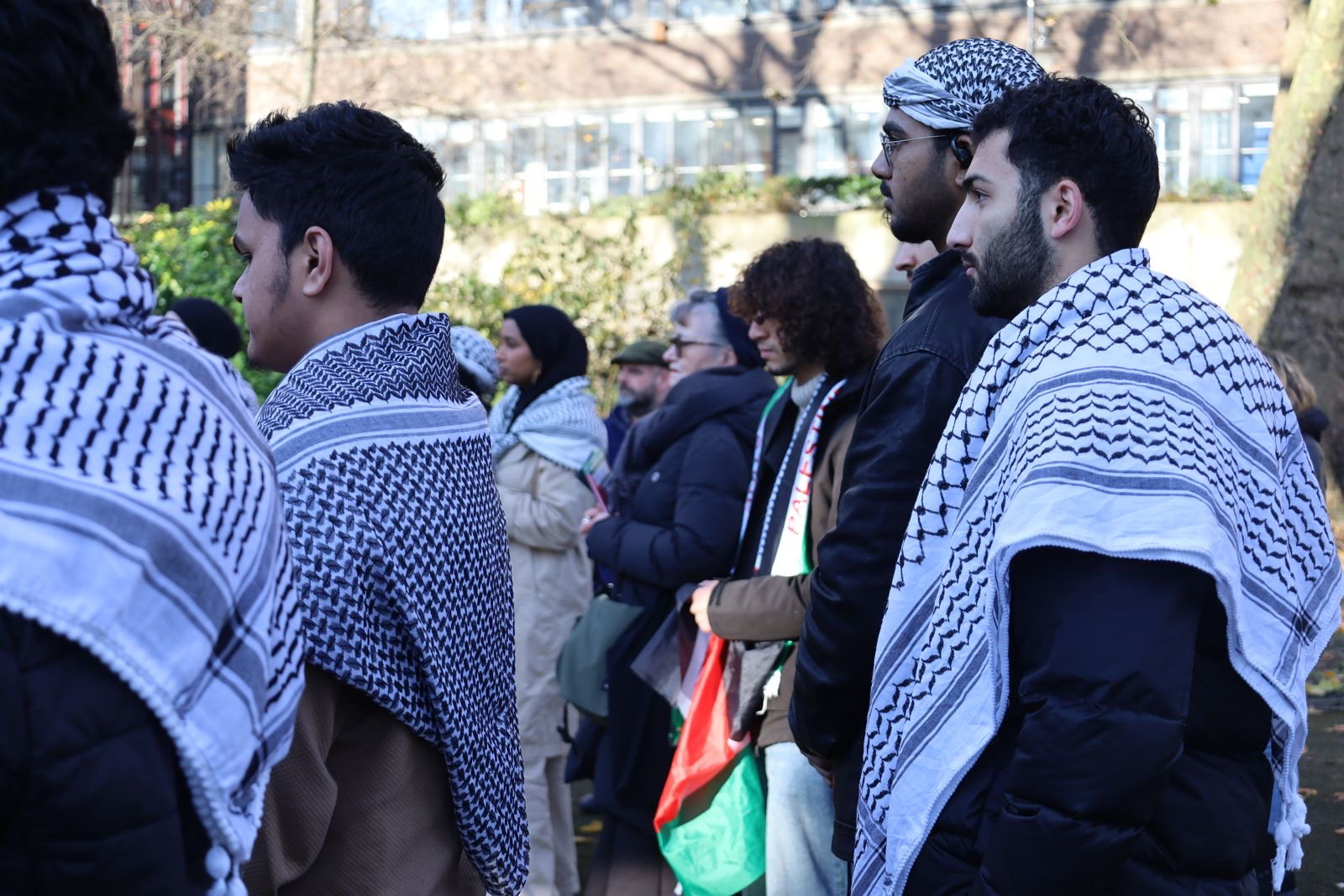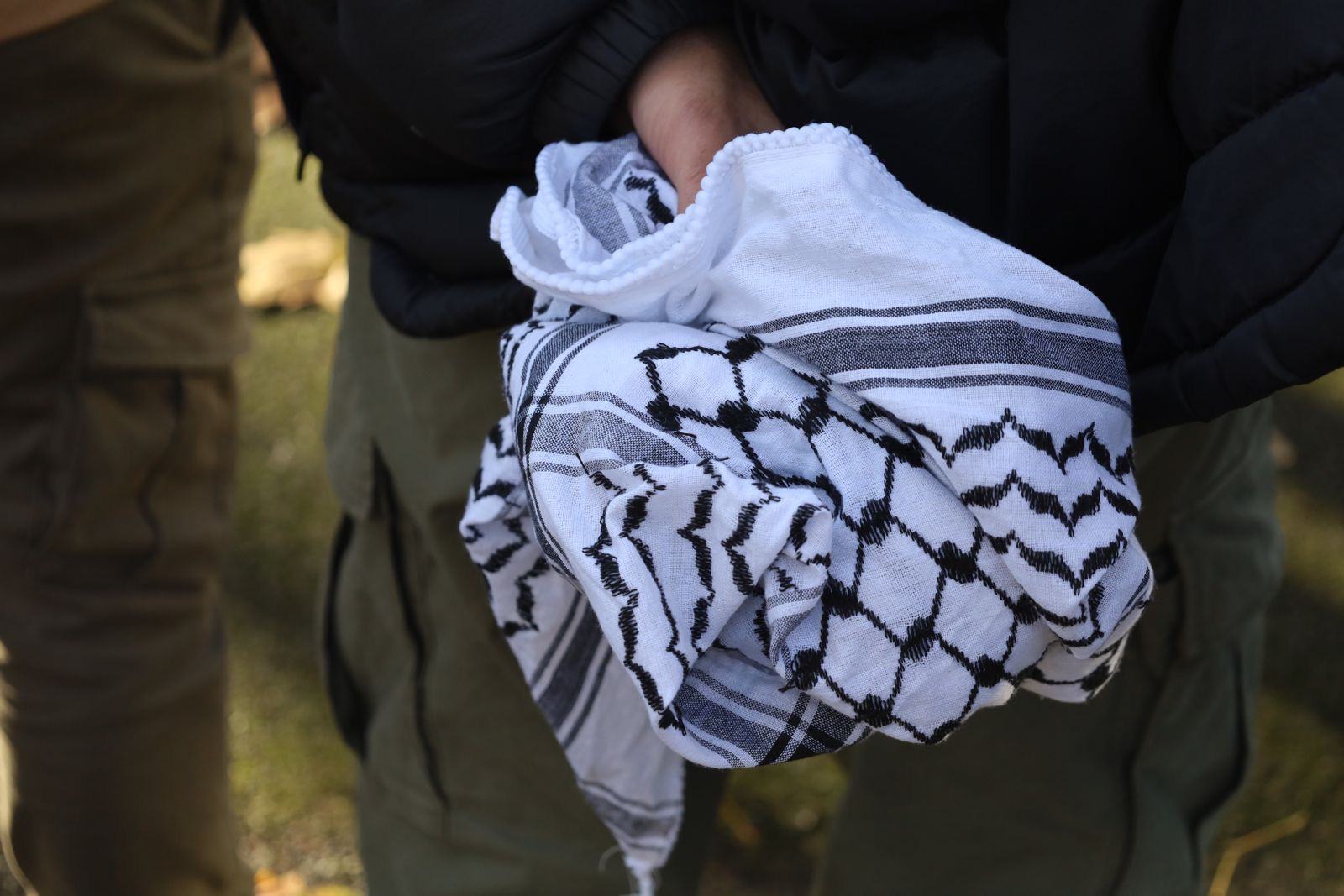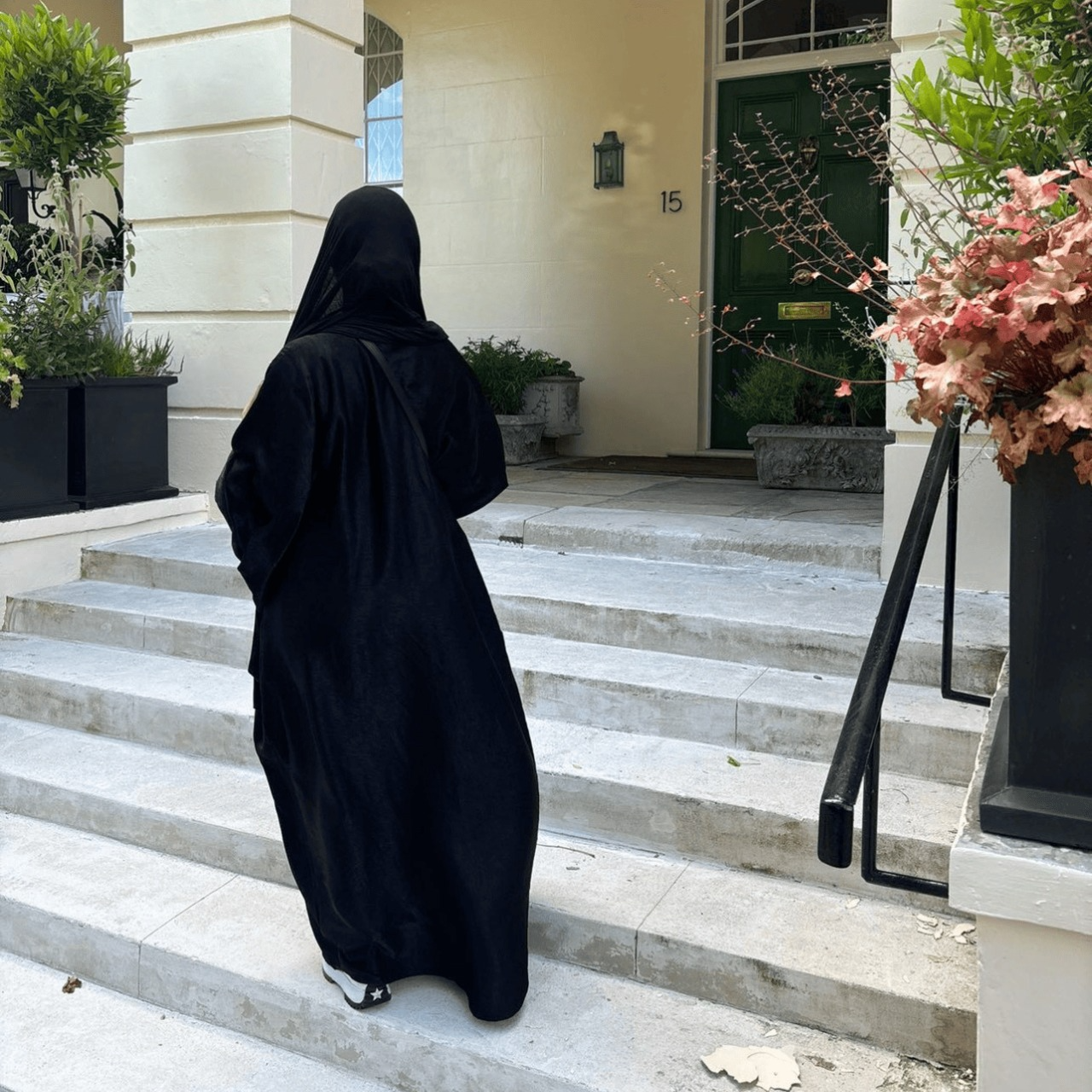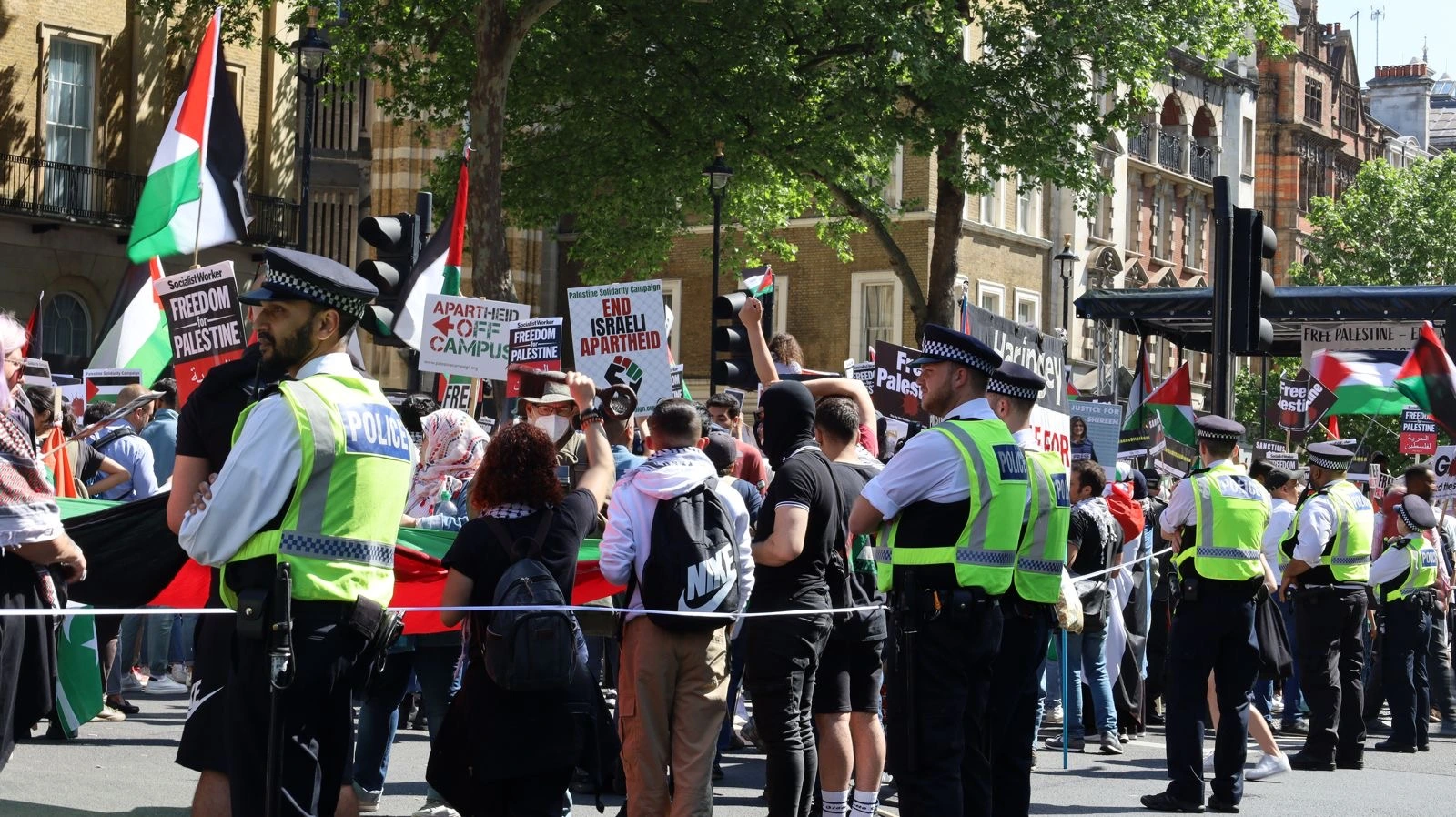A student campaign Not My NUS (NMN) began an Instagram account going public with their protest against the National University Students (NUS) stances on Gaza. NMN shared their letter sent to the NUS on the 11th of July. The 3-page letter has over 190 student leaders and societies signing it demanding action on Palestine and condemning the NUS’s silence on Gaza. NMN has been backed by various advocacy groups, civil society organisations and legal institutes.
Following the letter, students claimed the NUS banned signatories from attending national events, including the Lead and Change conference, unless they withdrew their signatures and re-signed the NUS Code of Conduct. The NUS has since denied this.
Speaking under the name Sarah, a pseudonym used to protect her identity and safety, one of the campaigners behind Not My NUS said the campaign was born out of frustration with how Palestinian and Muslim students are treated.
“What motivated us to start this campaign is that over the past 2 years we have seen students face repressive action from their unions, universities and the wider political space,” she said. Sarah says the NUS has become “a home for Zionist advocacy” by adopting the International Holocaust Remembrance Alliance (IHRA) definition of antisemitism.
“Anti-Palestinian racism and Islamophobia is disregarded within the NUS. They are consistent with going to the Union of Jewish Students (UJS) for guidance on antisemitism whilst FOSIS - the Muslim representative body - have been ignored on their calls for a review of institutionalised Islamophobia,” she said.
“When they speak about Palestinians or Muslims they don't ask the Palestinian or Muslim groups for guidance.”

Support on social media for Not My NUS has grown faster than expected, but Sarah said the campaign has also faced pushback.
“We didn't expect so many officers to come on board, but we also didn't expect so many officers to be worried and fall for allegations of antisemitism and harassment from the NUS. We believe these claims are completely unfounded and baseless especially when various jewish student groups and jewish student officers have supported our campaign.”
“The Palestine solidarity campaign has also joined, which is incredibly damning for the NUS.”
According to Sarah, reactions from those who initially signed the campaign’s letter have varied.
“There has been a mix of responses from signatories. Some officers withdrew their signatures after being concerned by the threats from the NUS and other organisations and worried they would be smeared. I am a bit disappointed that some have decided to remove their names, but I also understand the pressure they are facing. Others have been quite resolute and many organisations have joined our campaign.”
Sarah says the campaign has already achieved one of its main aims: exposing what they describe as the National Union of Students’ “complicity in silencing Palestinian voices.”
“Our goal has always been to raise awareness of the NUS’s complicity – and in many ways, they’ve proven our point themselves by trying to silence us,” Sarah said. “That’s only made us louder, and it’s brought us more traction and support.”
“The NUS should be engaging with and supporting divestment plans, backing those facing repression, calling out the genocide, and providing a space that platforms authentic Palestinian voices.”
The group’s demands include:
- Condemning the genocide in Gaza.
- Calling for an immediate and permanent ceasefire.
- Restoring Gaza’s educational system.
- Dropping the IHRA definition of antisemitism.
- Conducting a due diligence review with full disclosure on elected officials or student groups with financial, institutional or strategic ties to settler colonial regimes or states, in line with the incoming Foreign Influence Registration Scheme.
- Leading a national ethical divestment campaign across student unions.
- Reaffirming its commitment to student protest – including against Zionism – and intervening in cases of student repression
- Launching a full, transparent investigation and action plan on Islamophobia and anti-Black racism within the NUS.
Sarah said these changes would demonstrate a genuine commitment to supporting marginalised student communities, adding: “If the NUS is serious about justice, it has to stand up for those it claims to represent including listening to Palestinians.”
Due to concerns about job security and potential retaliation, a student SU president at one of London’s leading universities has requested anonymity and will be referred to as Leon throughout this article.

Leon has been openly pro-Palestine and is one of the signatories refusing to retract his support for the NMN letter. “It has always been a lonely road advocating for Palestine but I have never felt my job was on the line to this extent before,” Leon said. “I have been advised in the past to be careful with certain things I've said in regards to Palestine, especially in conversations with my university's president.”
After the letter became public Leon had a meeting with the NUS president in which he took the chance to raise his concerns. “I asked why no formal disciplinary process has been followed; they have gone against their own code of conduct, but no answer was given.”
“It is deeply inappropriate that the NUS, the very institution being called to account, has also offered to help rewrite or co-author the letter which is intended to scrutinise its conduct,” Leon said.
“This represents a serious conflict of interest.”
“The NUS has requested the removal of both the branding and the due diligence section, which was not discriminatory as they’ve tried to argue – and then offering to help reshape the letter, the NUS appears more concerned with controlling the narrative than engaging with the substance of student concerns,” he added.
“As a student leader, I’m being forced to choose between attending a national training conference for student officers or standing by my values.”
“I feel a mix of emotions, I am disappointed, hurt and terrified. I feel betrayed and I've never felt more alone.” Leon said.
This article is produced in collaboration with #NotMyNUS (@not.my.nus) While PressPeaK has facilitated its publication, the facts and views expressed are those of the contributors.
 Israa Elmousa
Israa Elmousa